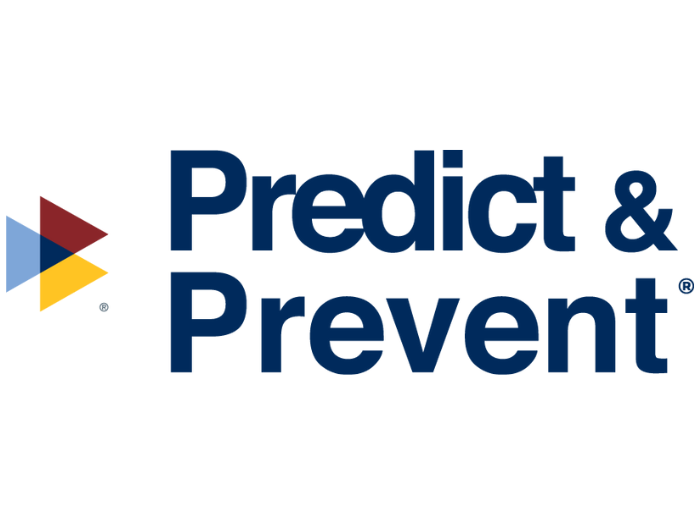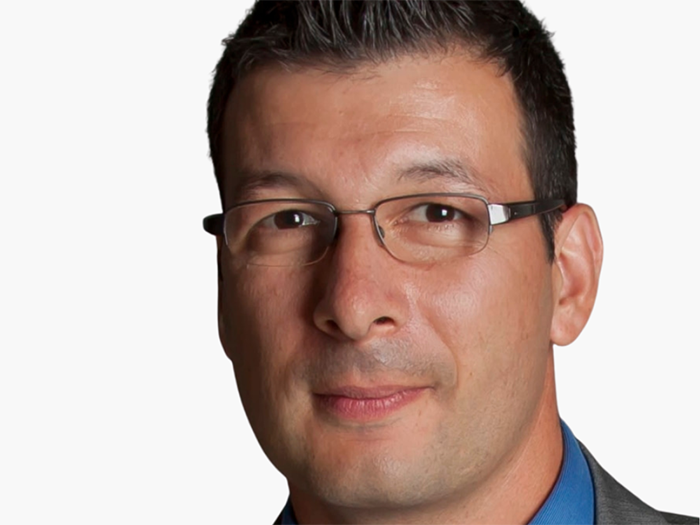Risk Insider: Jack Hampton
Truth and Deception in Higher Education
Colleges are struggling on every side. Private schools do not have enough new students. Public institutions have too many.
Students can’t get onto their preferred campuses. They can’t afford to pay the tuition wherever they finally matriculate.
Professors take forever to get doctoral degrees. When they get them, they can’t find full-time positions. If they do, they do not get tenure.
Presidents raise money, comply with burdensome government regulations, resolve sex scandals, and respond to athlete misbehavior. Everybody criticizes them.
In the midst of these crises, many schools have lost sight of what is going on in the classroom.
All too often, students pick a school based on comments from parents or friends or a pleasant experience during an orientation visit to the campus on a sunny day. They make unfounded assumptions, recite opinions without reflection, and act based upon biases they do not even know they have. Emotions overcome logic.
Undergraduate programs are built upon topics such as English, biology, business, or education. All useful in many ways but are they preparing graduates for sorting out truth from fiction?
The campus itself presents a myriad of misleading challenges. Consider college recruiting slogans:
- “We help students, just ask us.” How does this compare with subsequent services provided by the registrar, bursar, or housing office?
- “On our campus, you are a name, not a number.” Discuss this recruiting slogan with 185 fellow students in the Ethics 101 lecture hall.
- “We understand technology and that’s why we’ve put it at the core of your academic experience.” Think about this message as your professor writes lecture notes with chalk on a blackboard.
- “We offer financial aid to help you afford your education.” Compare the $42,000 a year tuition with your $8,000 “scholarship,” an arrangement that will leave you with $84,000 in debt at graduation.
All too often, students pick a school based on comments from parents or friends or a pleasant experience during an orientation visit to the campus on a sunny day. They make unfounded assumptions, recite opinions without reflection, and act based upon biases they do not even know they have. Emotions overcome logic.
Wouldn’t it be nice if we could come up with a single recommendation to help everyone? Perhaps, we can. How about a new freshman course taken as part of the college core along with humanities, science, and ethics? Picture the write-up in the college catalogue:
Deception Management 101 (3 credits) This course prepares students for a world where people are encouraged to believe things that are not true. Whether called beguilement, deceit, bluff, mystification, ruse, or subterfuge, deception is everywhere. In this course, students learn about propagating falsehoods, half-truths, denial of information, not to mention distraction, propaganda, sleight of hand, camouflage, concealment, and bad faith. The final assignment is a case study in self-deception.”
The course starts with how students and parents choose a college. Some students are not ready for college, even as some colleges are not worth the price they charge or the level of debt they create. Students learn that people make bad decisions because they ignore facts and evidence. We decide based on our beliefs. To resist deception, we must change what we believe.
An entering college freshman believes many things. Black is the color of the box sought after the crash of an airplane. Wrong. It is orange. Christopher Columbus discovered America. Wrong. Six million “Americans” were already here in 1492. The Great Wall of China is the only man-made object on earth that is visible from the moon. Wrong. No man-made object is so visible.
These beliefs are no big deal. Failing to challenge other beliefs is far more serious. Every student should attend college. Students should incur crushing debt to finance a degree. Graduating from a university ensures a high salary. These all-too-common beliefs mask themselves as the “truth.” In many cases, they are false.
Higher education, on its current path, is not solving all problems for a generation about to graduate. It, along with its accompanying student debt, is creating serious problems. That is the “truth” about higher education. It is also the deception.









